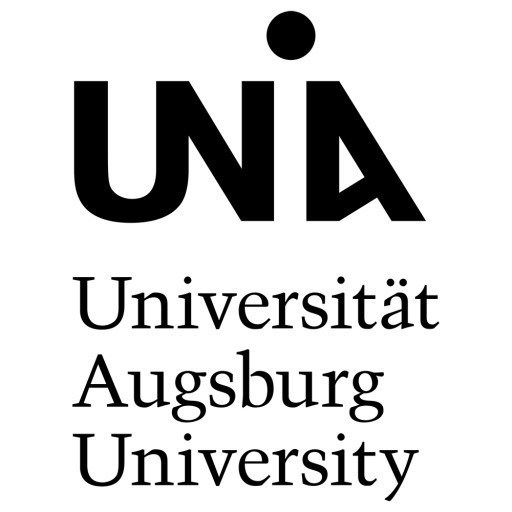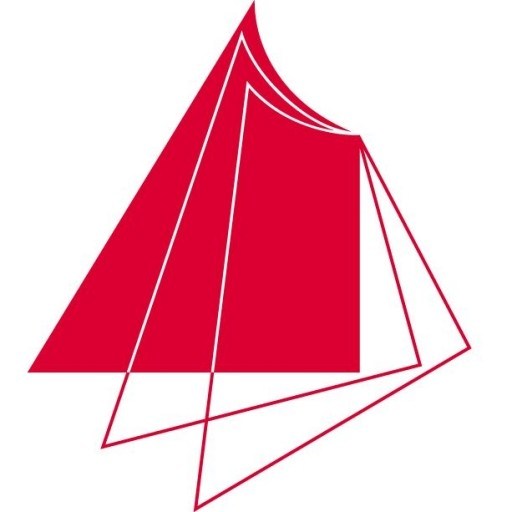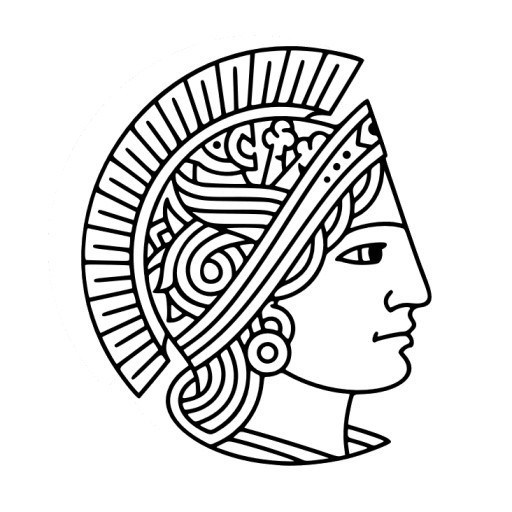Photos of university / #tu.muenchen
Integrated Circuit Design at the Technical University of Munich is a comprehensive Master's program that focuses on the development, analysis, and optimization of advanced microelectronic circuits and systems. The program aims to equip students with in-depth theoretical knowledge and practical skills necessary for designing innovative integrated circuits used in a wide range of applications, including consumer electronics, telecommunications, automotive systems, and industrial automation. Students will explore core topics such as analog and digital circuit design, semiconductor device physics, VLSI system architecture, and electronic design automation tools. The curriculum emphasizes a hands-on approach through laboratory work, project-based assignments, and collaboration with industry partners, preparing graduates for challenging roles in research and development, design engineering, or higher academic pursuits. The program also covers emerging areas like quantum computing components and low-power circuit design, ensuring students stay at the forefront of technological advancements in microelectronics. With a strong emphasis on interdisciplinary learning, students will have opportunities to engage with related fields such as materials science, information technology, and embedded systems. The MSc in Integrated Circuit Design prepares graduates to contribute to innovative solutions in the fast-evolving semiconductor industry, fostering skills that are highly sought after globally. Through partnerships with leading electronics companies and research institutions, students benefit from excellent internship and networking opportunities. Graduates will be well-equipped to tackle complex design challenges in multi-disciplinary teams and to contribute to the development of next-generation integrated circuits and systems. The program is designed to foster critical thinking, creativity, and problem-solving abilities, making alumni competitive candidates in an increasingly digital world.
Educational organisation
The first two semesters (10 months) comprise all theoretical modules and will be held in Singapore together with the partner university Nanyang Technological University (NTU). The third semester includes a mandatory internship at an industrial partner and a period of six months for the Master's thesis.Study abroad unit(s)
The modules will be held in Singapore. The internship and Master's thesis will take place in Germany, Singapore or other countries.Internships
Three months for students in Germany / Europe or SingaporeForms of assessment
Each module has continuous assessment and a final exam. We use a credit point system. Final transcripts contain international and German grading.Course objectives
In addition to a sound and industry-relevant education with practical use for a professional career, one of our ambitions is to immerse students from all over the world into foreign cultures, languages, history, and way of life. This is why our programme places its emphasis on:- The spirit of international relations
- Leadership in multinational teams
- Courses in business administration, management, law, culture, ancient and modern history of both Asia and Europe
- Exchange programmes to Europe/Germany and Asia
- An intercultural ambience
- Optional language courses to learn the German language
Language requirements
Applicants whose native language or medium of instruction from previous studies (e.g. Bachelor's programme) is not English must submit at least one of the following:- TOEFL: minimum 605 for paper-based test, 234 for computer-based test, 88 for internet-based test
- IELTS: overall IELTS results of at least 6.5
Academic requirements
Applicants must have completed a Bachelor's degree (Honours) or European/German FH Diploma or its equivalent in the areas of electrical engineering, electronics engineering or a closely related discipline from a university of recognised standing, with at least a Second Class Honours or equivalent.Akademische Prüfstelle (APS) certificate is required for applicants with education qualifications from China, Vietnam and Mongolia.
Enrolment fees
Approx. 115 EUR per semesterCosts of living
Around 1,000 SGD per month in Singapore and around 700 EUR per month in Munich for accommodation, living, health insurance, books, and miscellaneous expensesJob opportunities
The programme is too intensive for part-time jobs.Funding opportunities within the university
Industrial scholarships and TUM Asia-scholarships are provided for outstanding students.http://tum-asia.edu.sg/admissions/scholarships/
Arrival support
We provide arrival services in Singapore and Munich and offer assistance with visa issues. We also offer an orientation week for new students with information on residence permits, insurance, etc.Accommodation
It is not easy to find a place to live in Munich - but it is not impossible either! TUM supports students and employees in their search for accommodation, providing personal advice, in-house listings and useful information to ensure that you can quickly find a place to call your own: http://www.tum.de/en/university-life/accommodations/With high rents and not enough rooms in halls of residence, the Munich rental market is one of the most competitive in Germany - especially for students. The city boasts over 1.4 million inhabitants, with more people moving to Munich every year - many of them attracted by the excellent study opportunities that Munich has to offer.
Student halls of residence usually offer affordable accommodation for students. The Munich Student Union runs most of these halls of residence - more information at http://www.studentenwerk-muenchen.de/en/accommodation/









